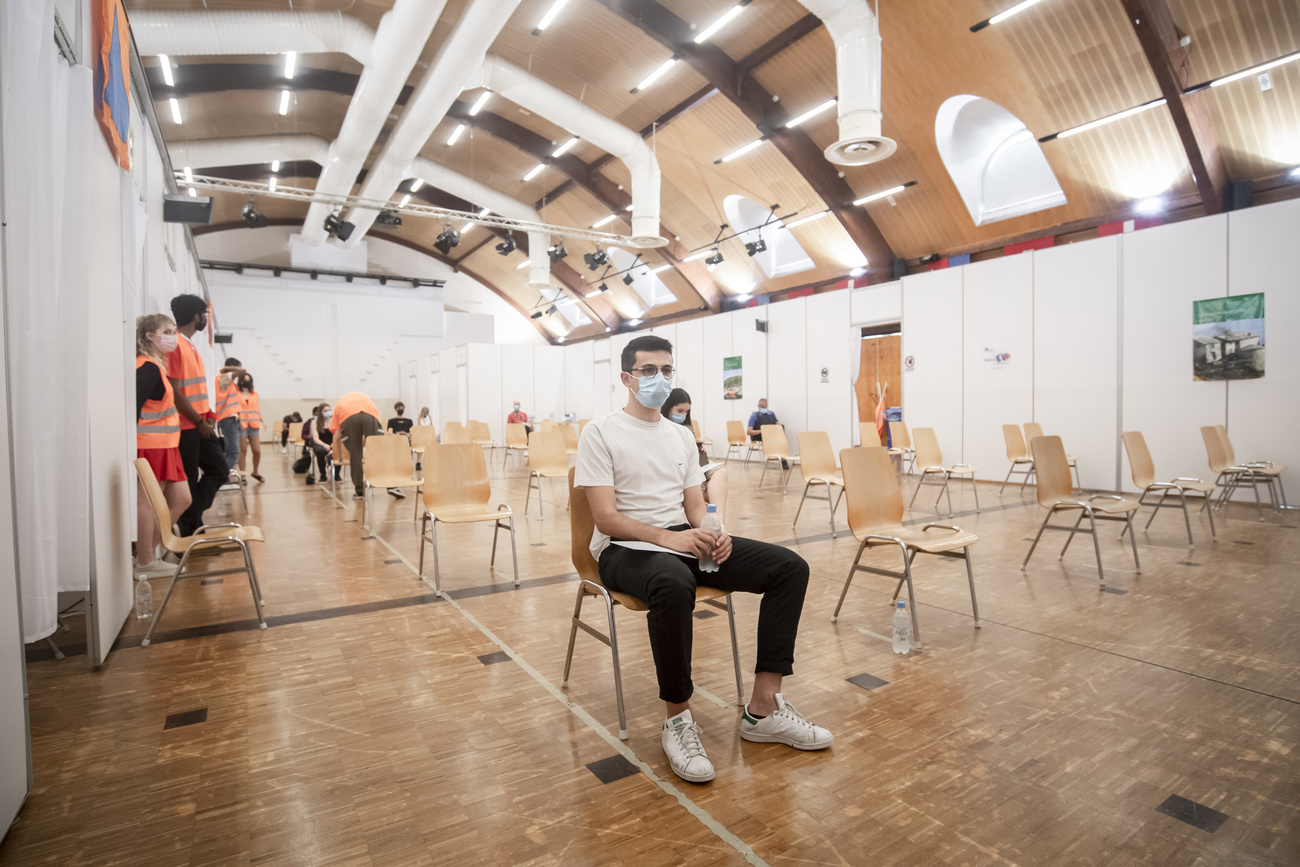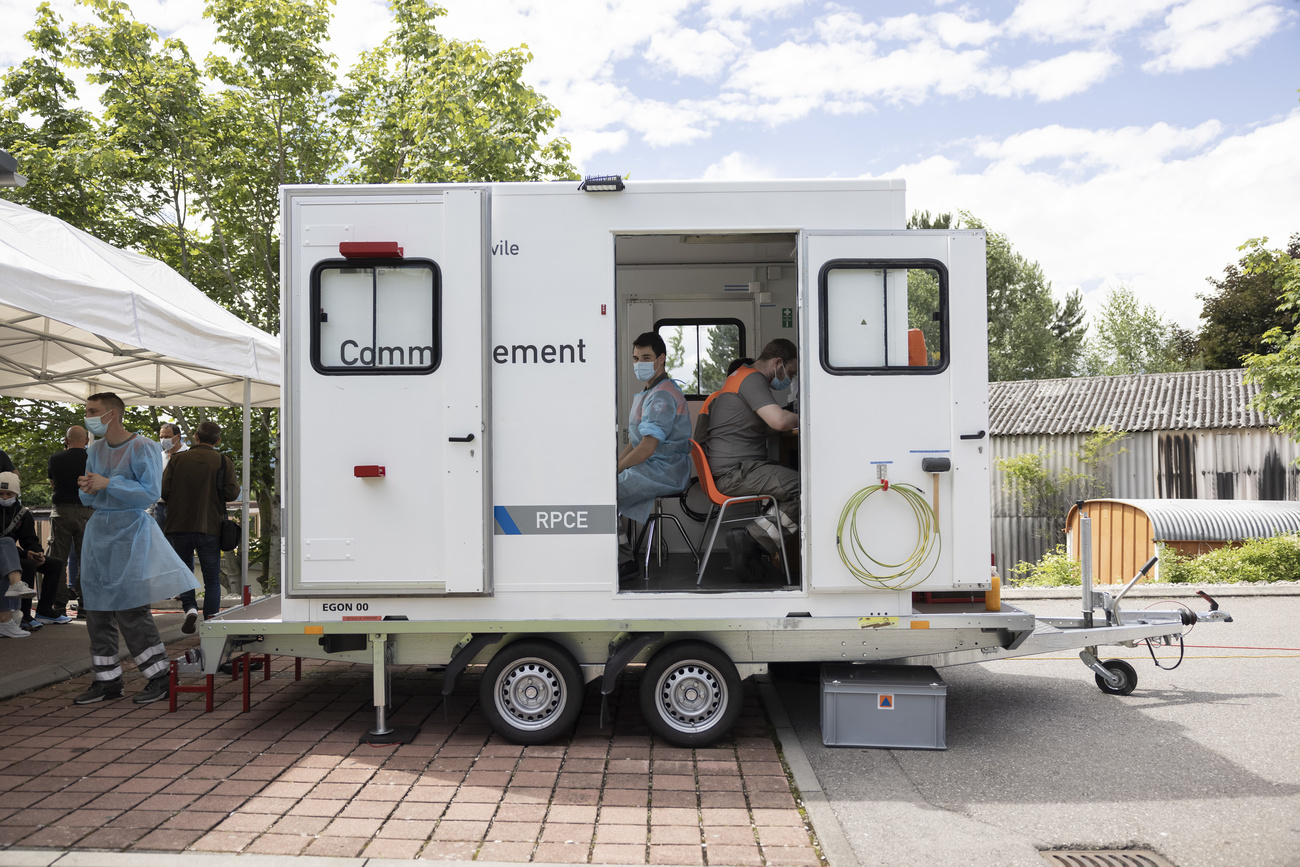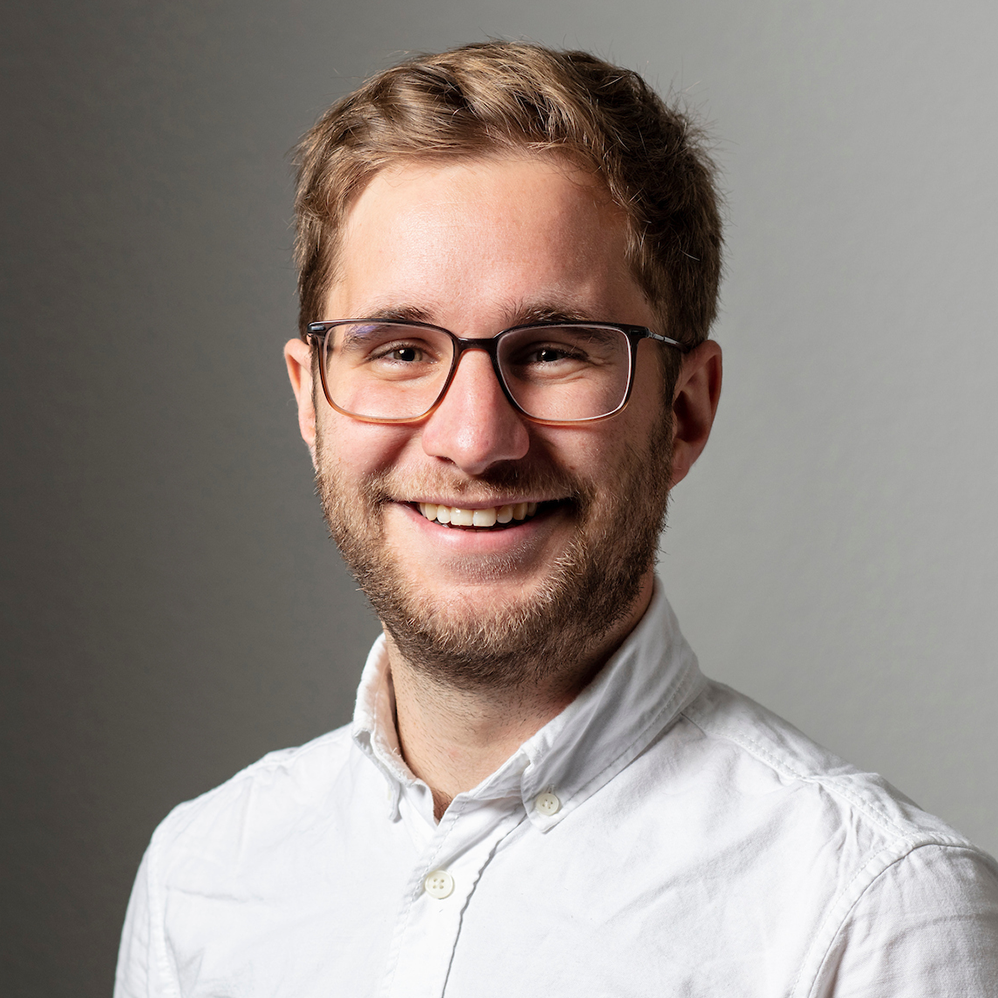
Coronavirus: Wealthy Switzerland is suffering from vaccine fatigue

Enough doses, but fewer people willing to get vaccinated – many prosperous nations are seeing a stagnation in vaccination rates. Switzerland has hit the wall earlier than most.
“Are you already vaccinated?” has replaced “How are you?” as the most common greeting in Switzerland this spring. After a sluggish start to this year, the country’s vaccination campaign progressed rapidly from April onwards and now everyone over the age of 12 can get the jab.
But just as the pace of the campaign hit full steam the number of Swiss willing to be vaccinated began to dwindle. This trend is not confined to Switzerland: while vaccines are in short supply on a global level, countries with sufficient supplies are experiencing a drop in interest among their populace.
As a consequence, the speed of vaccinations is declining worldwide since its peak in June, or at least stagnating. In Switzerland, the pace of vaccinations has declined particularly rapidly. The Swiss authorities have responded with an information campaign, mobile vaccination centres and free cake as an incentive. But so far, success has been modest.
The early starters
Countries whose vaccination campaigns were ahead of Switzerland have already witnessed this phenomenon.
Israel was able to secure enough doses of the vaccine early and vaccinated its population in record time. However, the pace of vaccination has been slow since April. The slowdown is partly because 66% of the inhabitants of Israel – a country with a young population – have already received at least one dose. The pace has recently improved thanks to the approval of the vaccine for children.
The US was also quick off the mark, while European countries were still waiting for vaccine deliveries. Uptake was good until supply exceeded demand in April and the pace of vaccinations slowed. In order to encourage those on the fence, some states began offering rewards such as money, donuts or even cannabis joints. In addition, those who are vaccinated do not have to wear masks. Currently, around 56% of the U.S. population is vaccinated.
The UK was one of the first countries in Europe to begin mass vaccination. Since February, the pace of vaccinations has fluctuated constantly, partly because of delivery capacity. The first major slowdown came in June. The UK has also experimented with rewards – for example tickets for the European Football Championships final were raffled at the beginning of July. The government has mandated injections for workers in care homes. Now 68% of the population is vaccinated, although a comparatively high number has only had the first of two doses.
More
Swiss slump
Developments in Switzerland are closely following trajectories elsewhere.
“We’ve observed in other countries too that around the 50% coverage mark, there starts to be some slowing down in the will to be vaccinated,” Virginie Masserey, the head of infection control at the Federal Office for Public Health, told swissinfo.ch recently. “But it’s just a slowdown.”
However, the slowdown in Switzerland started earlier than expected. While the pace is slacking in neighbouring countries the slowdown is not as fast as in Switzerland, and only after a higher percentage of the population has been vaccinated.
For a brief moment a few weeks ago, it looked as though Switzerland would overtake France’s vaccination rate. But then the pace slowed down dramatically in Switzerland, while French President Emmanuel Macron announced compulsory vaccinations for workers in hospitals and care homes. As a consequence, a larger proportion of people in France, and in all the other neighbouring countries, are vaccinated than in Switzerland.
Italy has already vaccinated more than 60% of the population, but the pace is not slowing as much as in other countries bordering Switzerland. The reason for that is probably the compulsory vaccination order for medical personnel and the high average age of the Italian population, as the vaccination rate is generally higher among the older generation.

More
How the Swiss could reverse a dip in Covid vaccinations
Germany and Austria have also vaccinated a significantly higher proportion of their populations than Switzerland and are continuing to do so at a faster pace. Like Switzerland, there are certain privileges accorded to the vaccinated (and to those who have tested negative or recovered from the disease). In Switzerland, these are limited to access to discos and nightclubs, whereas in Austria proof of vaccination or recovery, or a negative test, is also required for restaurant and museum visits. In Germany, there are no restrictions on contacts for those who are vaccinated.
Some vaccination exceptions
In a few countries, vaccination fatigue didn’t set in until there was a relatively high proportion of vaccinated people – more than 65% in the case of Iceland, Canada and Belgium. In Belgium, the escalating numbers of cases could have persuaded some. In Canada, like in the UK, a relatively high proportion has so far only had the first of two doses. In Iceland the proportion of those vaccinated rose to 75% and only slowed when the government announced it was lifting all measures to fight the pandemic at the end of June.
Some countries have progressed far with their vaccination campaigns without experiencing much slowdown in the pace of vaccination. Without enforcing any obligation, Spain achieved a very high rate of vaccination in staff at care homes (around 90%) and hospitals (as high as 98%).
In Spain and Portugal, the Delta variant is causing high coronavirus incidence rates, which are also having an impact on hospital bed occupancy. The fact that it is mainly the unvaccinated who are affected may be increasing motivation to get vaccinated.
In Denmark, the incidence rate has also been rising for somewhat longer than in Switzerland, but the health system is not slowing down. The Danish government recently bought 1 million vaccine doses from Romania.
So why does Romania have leftover Covid vaccines? Are all Romanians already vaccinated? Not at all – Romania is lagging behind in Europe, with just 25% vaccinated. However, the number of people waiting to be vaccinated is already declining. There is a lack of access to medical institutions and a general mistrust of the government.
The situation in Switzerland is not that extreme. But taking into account that Switzerland has enough doses, the vaccination rate is stagnating at a comparatively low level. Perhaps that will change if increasing numbers of cases lead to high occupancy in intensive care units. Compulsory vaccinations are not a politically realistic prospect.

In compliance with the JTI standards
More: SWI swissinfo.ch certified by the Journalism Trust Initiative




























You can find an overview of ongoing debates with our journalists here . Please join us!
If you want to start a conversation about a topic raised in this article or want to report factual errors, email us at english@swissinfo.ch.